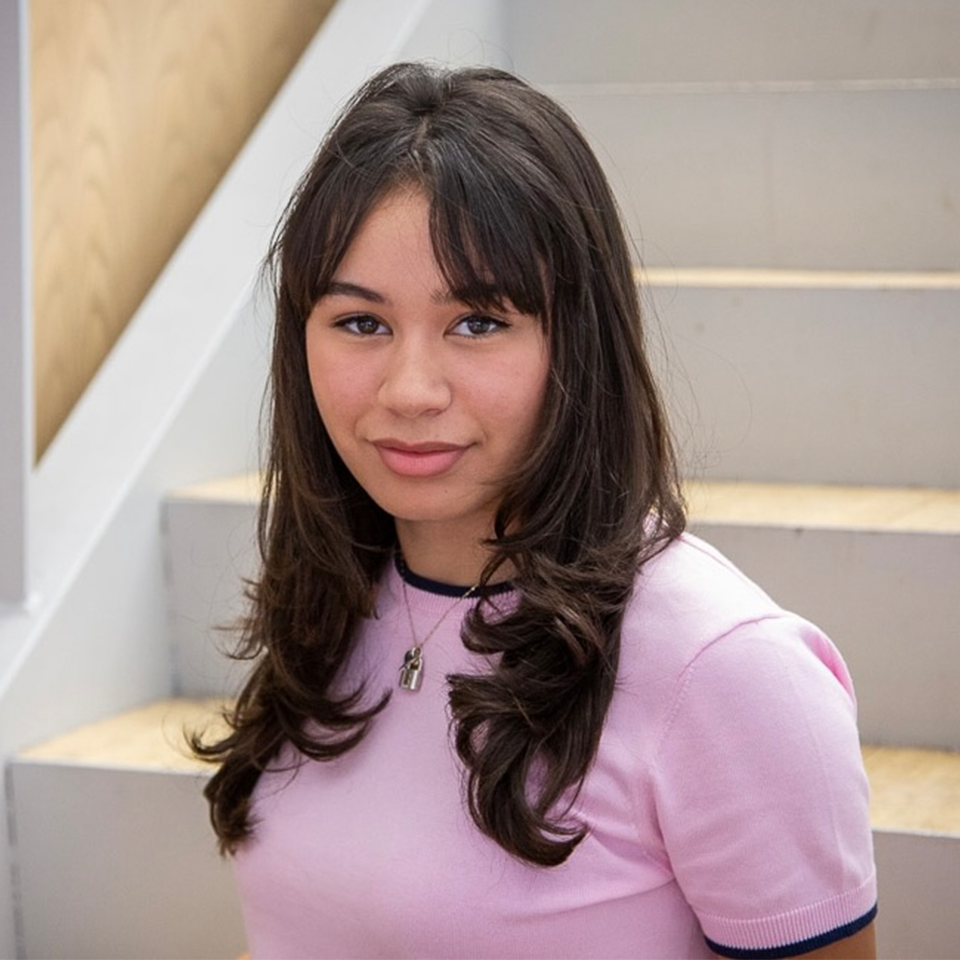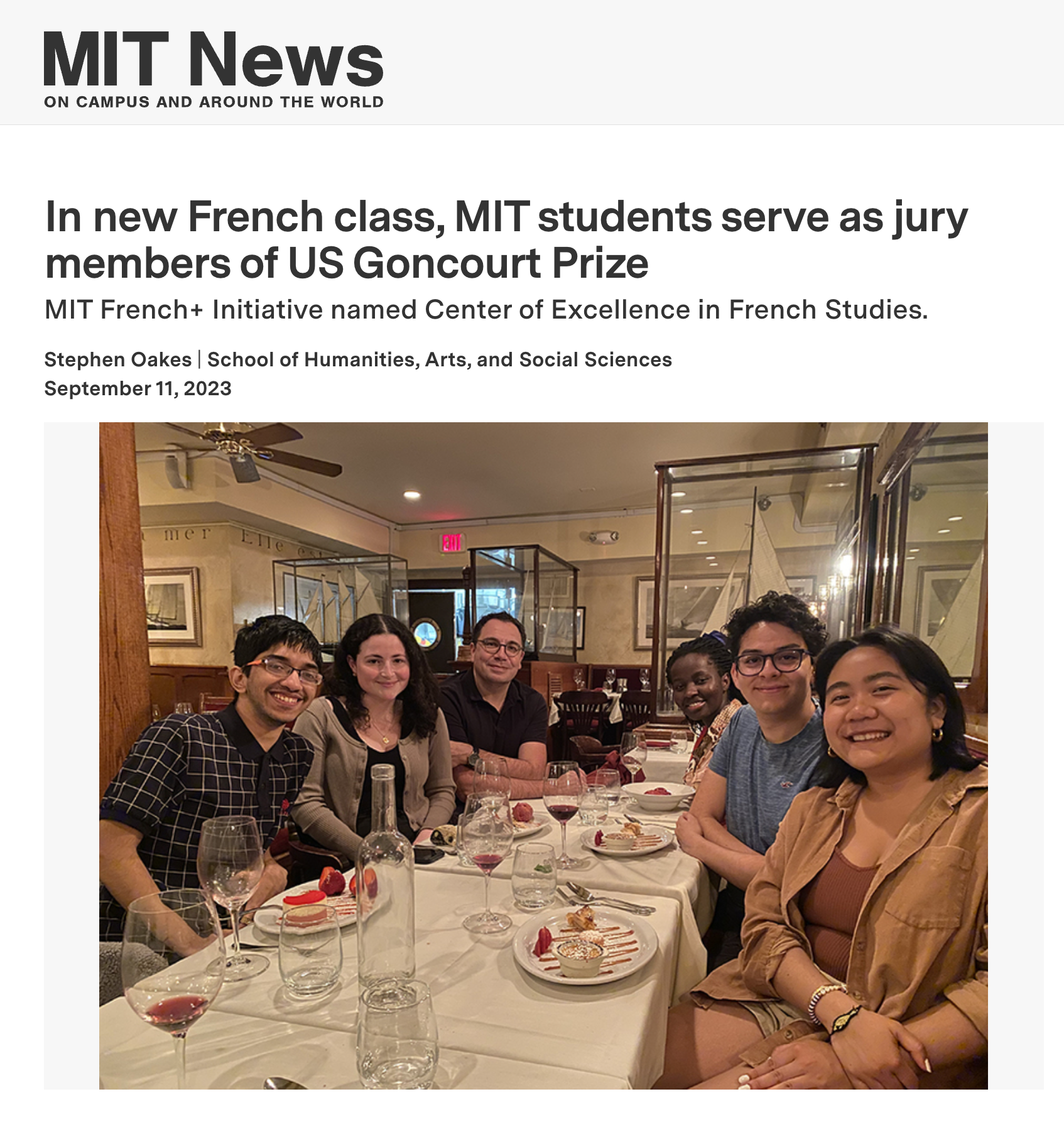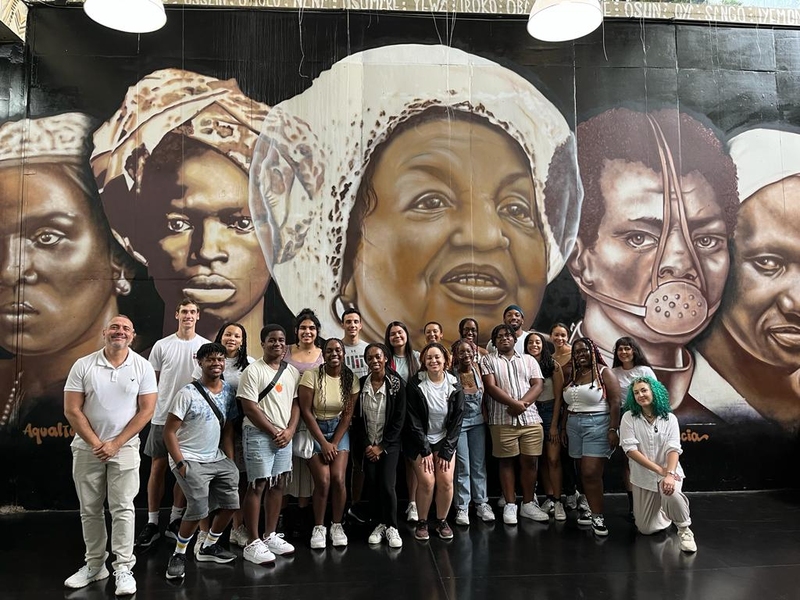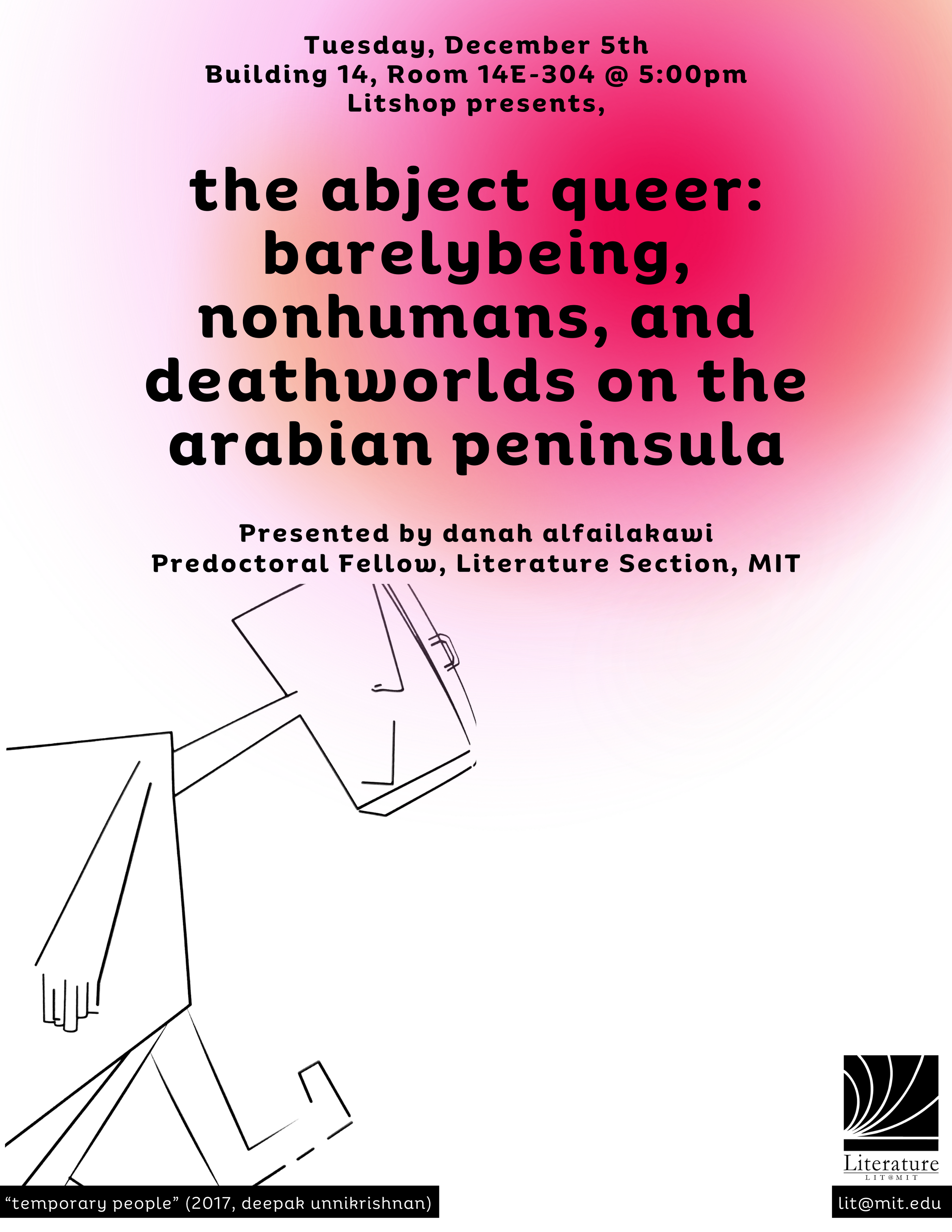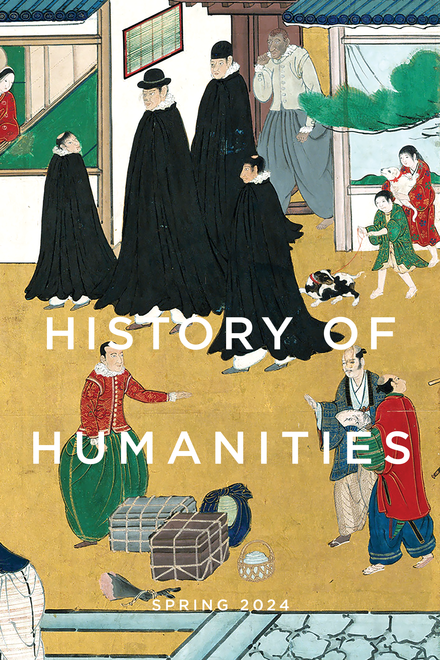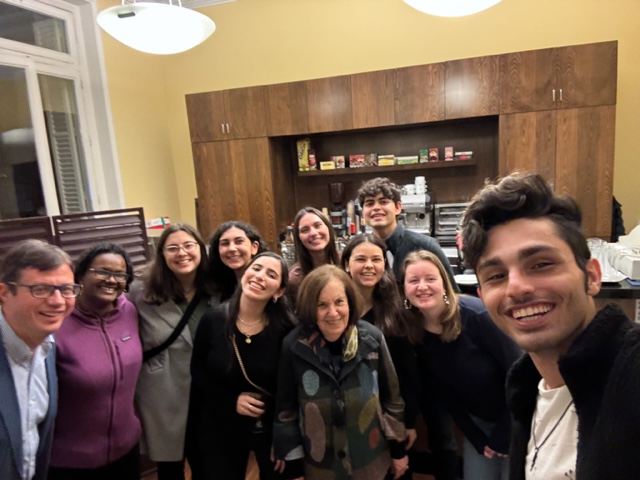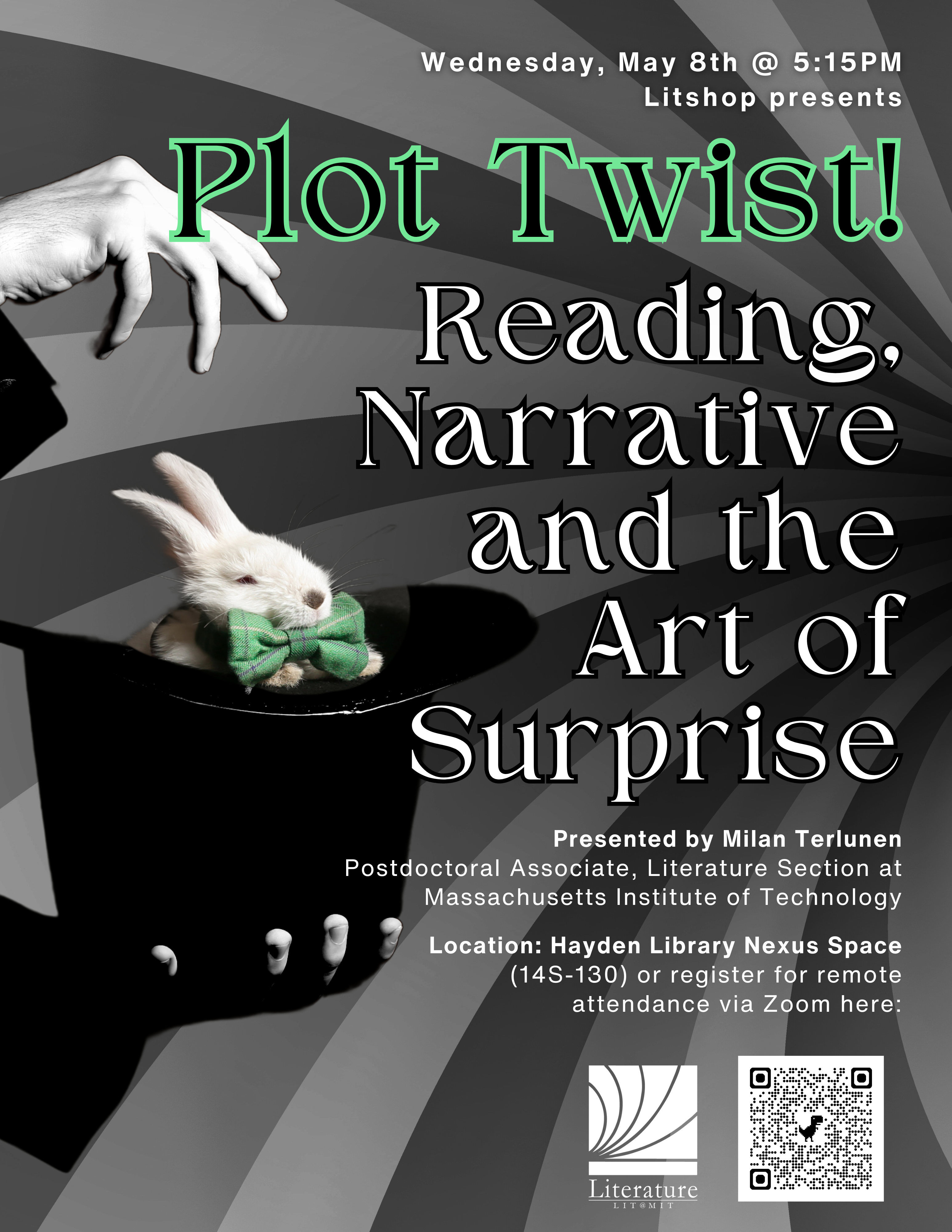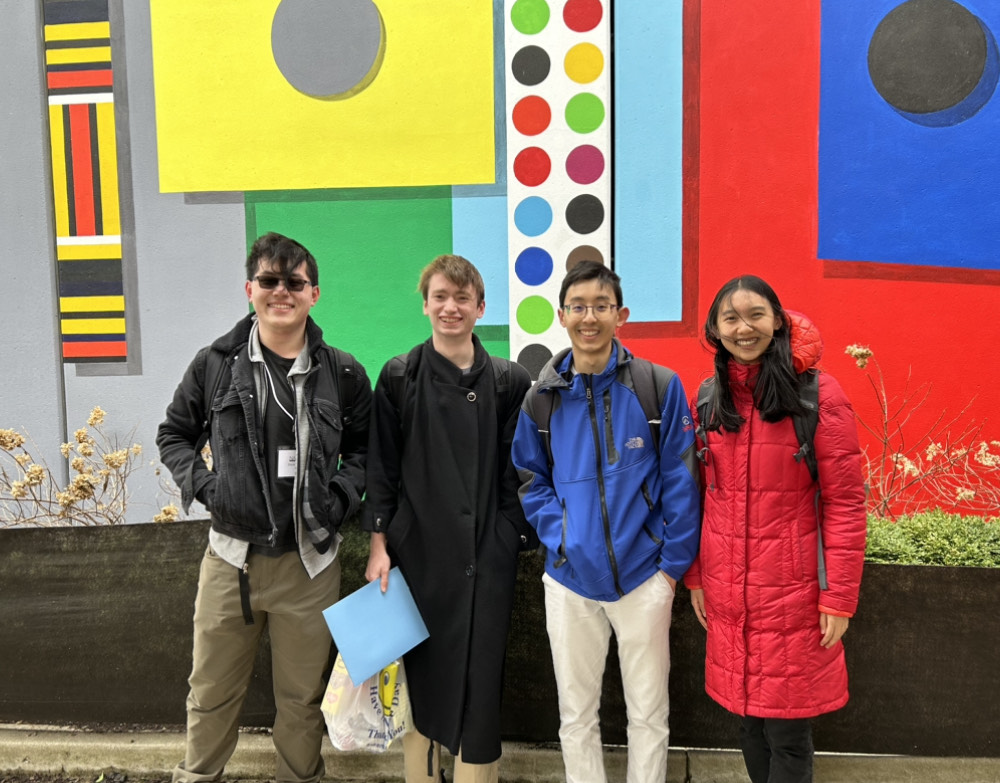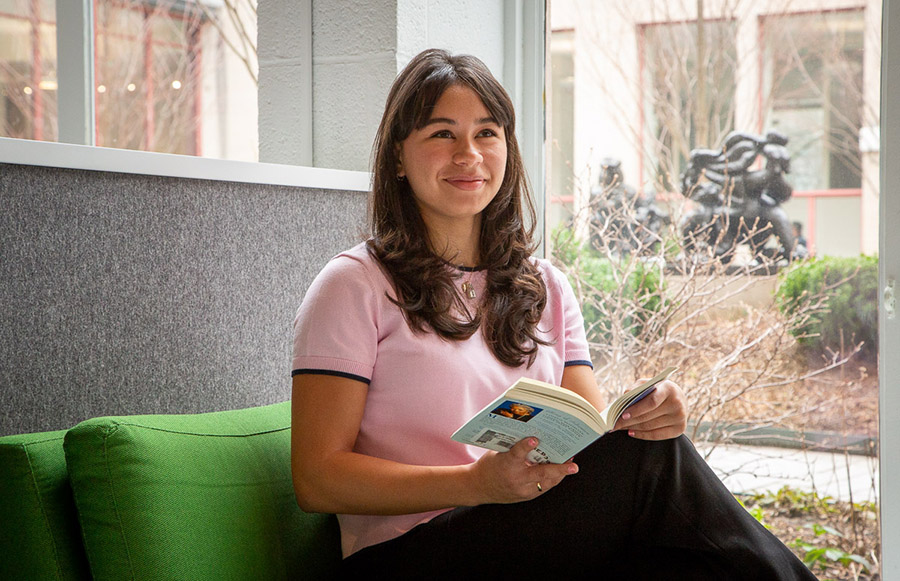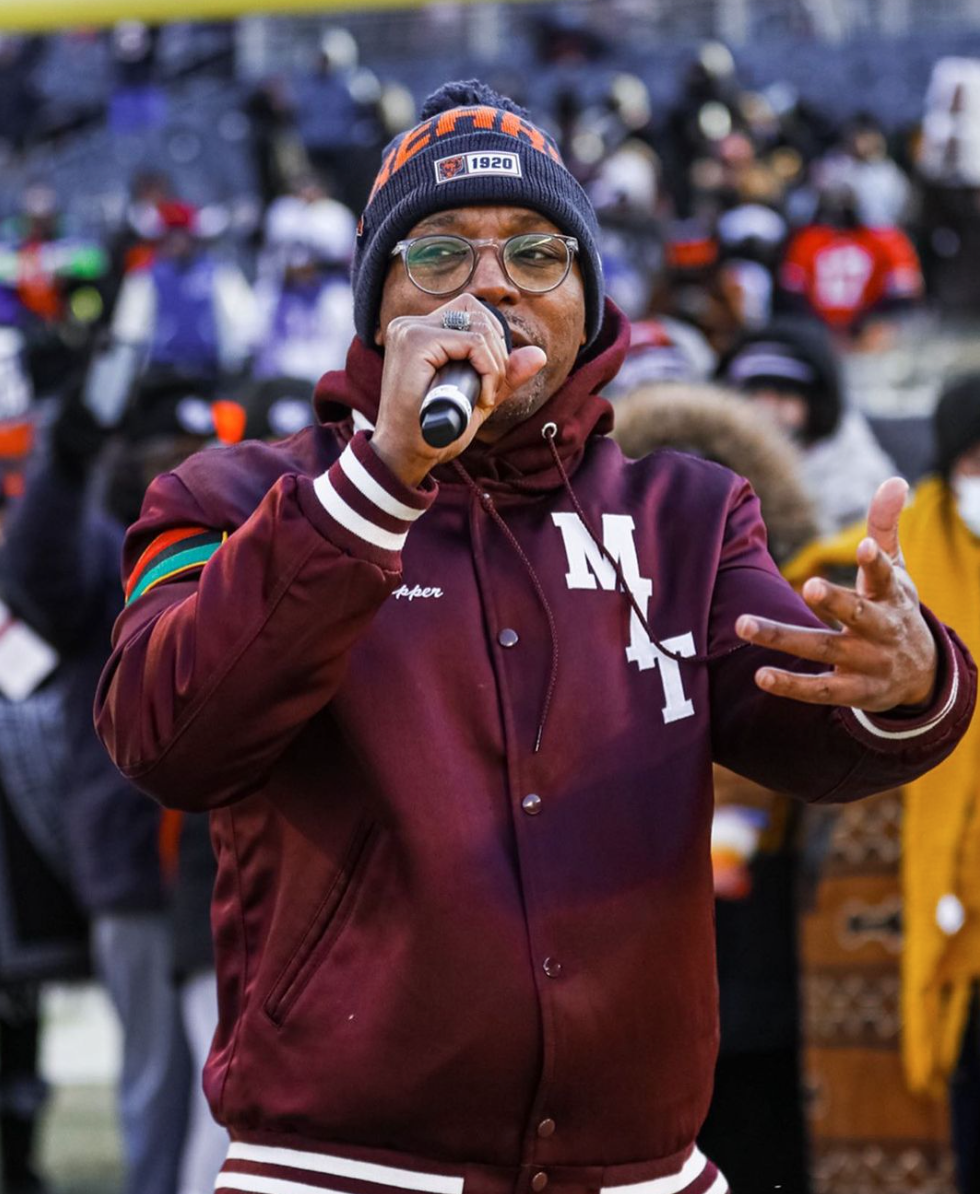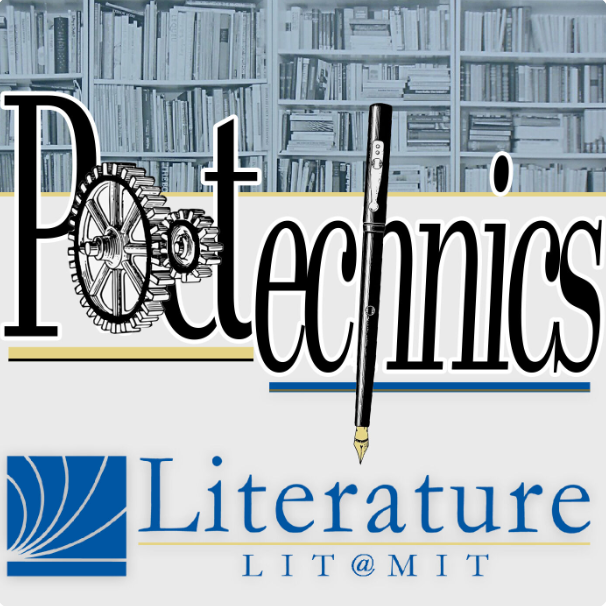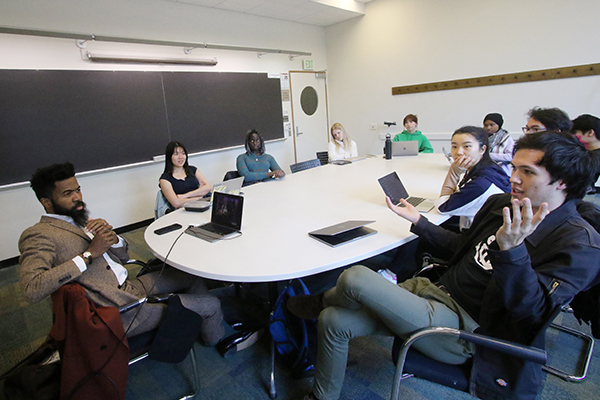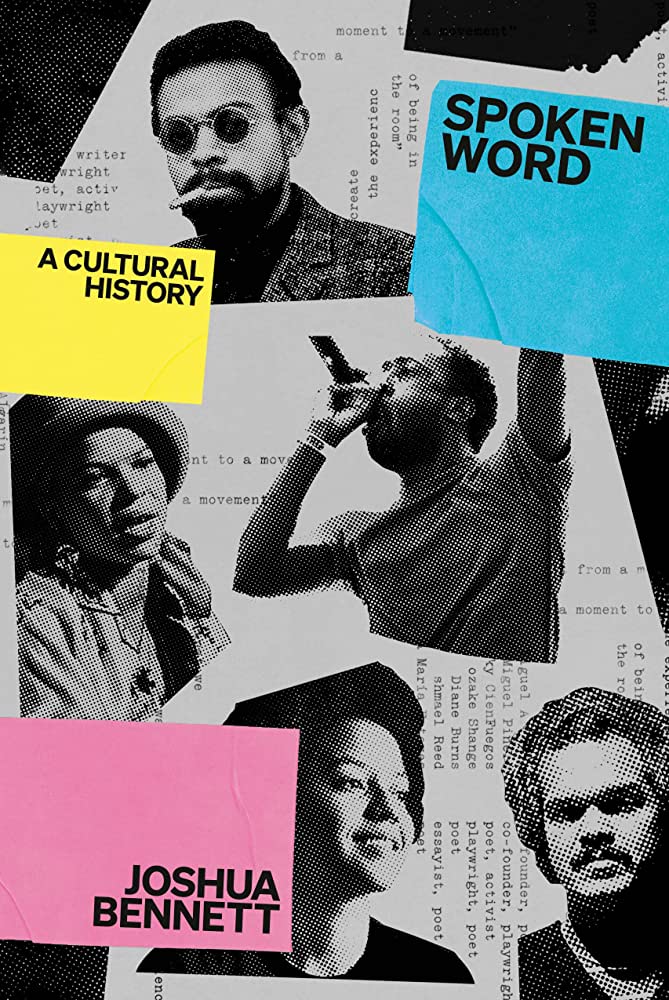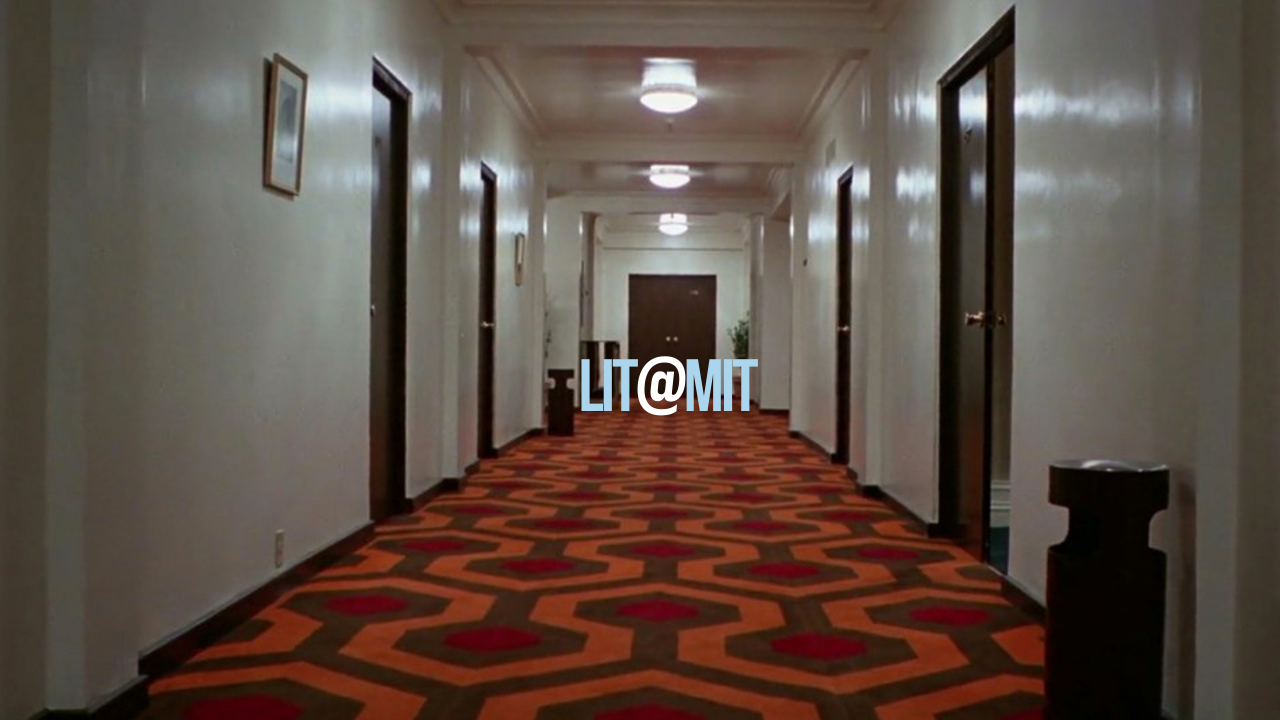WELCOME STUDENTS
“My interest in lyric poems in English grounds me in formalism and spreads outwards to historical periods, languages, writers, to ‘creative’ and non-creative writing, and to the practice of translation. ‘If it ain’t a pleasure,’ William Carlos Williams says, ‘it ain’t a poem.'”
– Stephen Tapscott, MIT Literature Professor
A Focus in Literature
Concentration
The requirements for a Literature concentration are three subjects, including one subject from the intermediate tier (400-, 500-, 600-) and one subject from the seminar (700-) tier. Two six-unit samplings courses (from the 300 and 600- tier) may be combined by petition to count as one intermediate-tier subject for the purposes of a concentration. Certain subjects from outside of Literature may also qualify as part of a Literature concentration with permission of the instructor. To propose a concentration, you must meet with a concentration advisor, who will help you define your concentration and select courses that best suit your interests and objectives.
Here is further information on the requirements for the concentrations.
If you are interested in concentrating, get in touch with a concentration advisor, litconcentrationadvisor@mit.edu.
Concentration
Concentration
The requirements for a Literature concentration are three subjects, including one subject from the intermediate tier (400-, 500-, 600-) and one subject from the seminar (700-) tier. Two six-unit samplings courses (from the 300 and 600- tier) may be combined by petition to count as one intermediate-tier subject for the purposes of a concentration. Certain subjects from outside of Literature may also qualify as part of a Literature concentration with permission of the instructor. To propose a concentration, you must meet with a concentration advisor, who will help you define your concentration and select courses that best suit your interests and objectives.
Here is further information on the requirements for the concentrations.
If you are interested in concentrating, get in touch with a concentration advisor, litconcentrationadvisor@mit.edu.
Minor
The Literature minor, with a focus either in film and literature, is designed to allow a student to build on their concentration in Literature. Students wishing to minor must meet the designated advisor to plan out their course of study.
The minor program in literature requires six subjects:
- At least one and no more than two courses from the list of introductory literature subjects
- Two or three courses from the Literature intermediate subjects. Two six-unit Samplings subjects may be petitioned to count for a maximum of two twelve-unit intermediate subject; and at least two courses focus on material before the 1900s
- At least two seminars
The minor program with a film focus also requires six subjects approved by the minor advisor, including at least three subjects from the following list:
- 21L.011 Introduction to Film Studies
- 21L.431: Shakespeare on Film and Media
- 21L.433 Film Styles and Genres
- 21L.435 Literature and Film
- 21L.706 Studies in Film
For more information, download this info sheet.
In the semester in which you are taking the final subjects needed to complete the minor, you will meet again with a minor advisor to submit the Completion of Minor form.
1. If you are interested in minoring, get in touch with a minor advisor litminoradvisor@mit.edu for the literature focus minor and literature film focus minor.
2. Submit the Application Form to the Undergraduate Academic Administrator litminoradvisor@mit.edu. They will then submit the signed form to shass-ug@mit.edu. (Forms for interdisciplinary minors should be submitted directly to shass-ug@mit.edu.)
Minor Application form: https://shass.mit.edu/files/shass/cimg/PDF_HASS_Minor_Application_Form.pdf
Minor Completion form: https://shass.mit.edu/files/shass/cimg/PDF_HASS_Minor_Completion_Form.pdf
Minor
Minor
The Literature minor, with a focus either in film and literature, is designed to allow a student to build on their concentration in Literature. Students wishing to minor must meet the designated advisor to plan out their course of study.
The minor program in literature requires six subjects:
- At least one and no more than two courses from the list of introductory literature subjects
- Two or three courses from the Literature intermediate subjects. Two six-unit Samplings subjects may be petitioned to count for a maximum of two twelve-unit intermediate subject; and at least two courses focus on material before the 1900s
- At least two seminars
The minor program with a film focus also requires six subjects approved by the minor advisor, including at least three subjects from the following list:
- 21L.011 Introduction to Film Studies
- 21L.431: Shakespeare on Film and Media
- 21L.433 Film Styles and Genres
- 21L.435 Literature and Film
- 21L.706 Studies in Film
For more information, download this info sheet.
In the semester in which you are taking the final subjects needed to complete the minor, you will meet again with a minor advisor to submit the Completion of Minor form.
1. If you are interested in minoring, get in touch with a minor advisor litminoradvisor@mit.edu for the literature focus minor and literature film focus minor.
2. Submit the Application Form to the Undergraduate Academic Administrator litminoradvisor@mit.edu. They will then submit the signed form to shass-ug@mit.edu. (Forms for interdisciplinary minors should be submitted directly to shass-ug@mit.edu.)
Minor Application form: https://shass.mit.edu/files/shass/cimg/PDF_HASS_Minor_Application_Form.pdf
Minor Completion form: https://shass.mit.edu/files/shass/cimg/PDF_HASS_Minor_Completion_Form.pdf
Joint Major
The major in Literature is well-suited to those students who want to experience a wide range of literary and filmic texts across historical periods. The joint major in Literature, offering flexibility in how the major course of study is constructed, has the following degree requirements:
• At least 180 units beyond the GIRs
• At least eight subjects in Literature, along with at least six subjects in the science or engineering field of their choice. Students should consult with the appropriate science or engineering department for their regulations as to which six subjects are required.
• Of the eight Literature subjects, no more than three may be introductory subjects, at least two must be intermediate subjects, and at least two must be seminars.
• As of the 2023-24 academic year, the joint major will require a minimum of 3 subjects that focus on pre-1900 texts. Consult an advisor in Literature if you’re not sure whether a class satisfies the requirement.
• For students who declared the joint major before the 2023-24 academic year, three of eight subjects must be distributed according to one of two available rubrics: Historical Periods or Thematic Complexes. Consult this info sheet and your major advisor.
Literature majors intrigued by sustained intellectual work conducted under the supervision of a faculty member are encouraged to consider completing a Literature Thesis.
If you are considering a Literature major, contact litacademics@mit.edu, the Undergraduate Academic Administrator.
Joint Major
Joint Major
The major in Literature is well-suited to those students who want to experience a wide range of literary and filmic texts across historical periods. The joint major in Literature, offering flexibility in how the major course of study is constructed, has the following degree requirements:
• At least 180 units beyond the GIRs
• At least eight subjects in Literature, along with at least six subjects in the science or engineering field of their choice. Students should consult with the appropriate science or engineering department for their regulations as to which six subjects are required.
• Of the eight Literature subjects, no more than three may be introductory subjects, at least two must be intermediate subjects, and at least two must be seminars.
• As of the 2023-24 academic year, the joint major will require a minimum of 3 subjects that focus on pre-1900 texts. Consult an advisor in Literature if you’re not sure whether a class satisfies the requirement.
• For students who declared the joint major before the 2023-24 academic year, three of eight subjects must be distributed according to one of two available rubrics: Historical Periods or Thematic Complexes. Consult this info sheet and your major advisor.
Literature majors intrigued by sustained intellectual work conducted under the supervision of a faculty member are encouraged to consider completing a Literature Thesis.
If you are considering a Literature major, contact litacademics@mit.edu, the Undergraduate Academic Administrator.
Full or Double Major
The major in Literature is well-suited to those students who want to experience a wide range of literary and filmic texts across historical periods. The full or double major in Literature has the following requirements:
• At least 180-198 units beyond the GIRs
• At least ten subjects in Literature
• No more than three subjects may be introductory subjects, at least three must be intermediate subjects, and at least three must be seminars.
As of the 2023-24 academic year, the joint major will require a minimum of 3 subjects that focus on pre-1900 texts. Consult an advisor in Literature if you’re not sure whether a class satisfies the requirement.
• For students who declared the joint major before the 2023-24 academic year, four subjects of the ten must be distributed according to one of two available rubrics: Historical Periods or Thematic Complexes. Consult with this info sheet and your major advisor.
Literature majors intrigued by sustained intellectual work conducted under the supervision of a faculty member are encouraged to consider completing a Literature Thesis.
If you are considering a Literature major, contact litacademics@mit.edu, the Undergraduate Academic Administrator.
Click here for the Double Major Form: https://registrar.mit.edu/sites/default/files/2020-08/double_major_application.pdf
Full/Double Major
Full or Double Major
The major in Literature is well-suited to those students who want to experience a wide range of literary and filmic texts across historical periods. The full or double major in Literature has the following requirements:
• At least 180-198 units beyond the GIRs
• At least ten subjects in Literature
• No more than three subjects may be introductory subjects, at least three must be intermediate subjects, and at least three must be seminars.
As of the 2023-24 academic year, the joint major will require a minimum of 3 subjects that focus on pre-1900 texts. Consult an advisor in Literature if you’re not sure whether a class satisfies the requirement.
• For students who declared the joint major before the 2023-24 academic year, four subjects of the ten must be distributed according to one of two available rubrics: Historical Periods or Thematic Complexes. Consult with this info sheet and your major advisor.
Literature majors intrigued by sustained intellectual work conducted under the supervision of a faculty member are encouraged to consider completing a Literature Thesis.
If you are considering a Literature major, contact litacademics@mit.edu, the Undergraduate Academic Administrator.
Click here for the Double Major Form: https://registrar.mit.edu/sites/default/files/2020-08/double_major_application.pdf
Transfer Credit
Transfer Credit
For Students Seeking Transfer Credit in Literature
Students should contact the Literature Transfer Credit Examiner and provide a copy of the following material with a completed transfer credit form
https://registrar.mit.edu/registration-academics/transfer-credit
https://registrar.mit.edu/sites/default/files/2021-09/transfer_credit_request_form.pdf
1. Subject description and syllabus
2. Detailed descriptions of writing assignments
3. A copy of an essay written by the student for the subject and/or a completed examination
4. Copy of transcript showing grade received and the duration of course
In general, a student may request one of the following types of transfer credit:
1. General Elective Credit: Subjects deemed appropriate for such credit do not count toward the Institute’s 8-subject HASS requirement. They do, however, count as unrestricted elective credit towards the student’s graduation.
2. HASS-Elective Credit: Subjects deemed appropriate for such credit are designated as HASS-E on the appropriate transfer form, and do count toward the Institute’s 8-subject HASS requirement. The Literature faculty will accept at most one such subject toward a concentration in Literature, and at most two such subjects toward a minor in Literature.
3. Subject-Equivalent Credit: In this case, the transferred subject is considered the equivalent of a particular subject offered by Literature. It therefore counts exactly as that Literature subject (in units, HASS elective status, and so on).
The Literature Transfer Credit Examiner will decide how much credit, if any, and what type of credit is appropriate.
To speak to the Transfer Credit Examiner, click here littce@mit.edu
Academic Policies
Academic Policies
For MIT’s Academic Integrity Statement, click here https://integrity.mit.edu/
Literature Faculty Policy on Plagiarism
Plagiarism – the use of another’s intellectual work without acknowledgement – is a serious offense. It is the policy of the Literature Faculty that students who plagiarize will receive an F in the subject, and that the instructor will forward the case to the Committee on Discipline. Full acknowledgement for all information obtained from sources outside the classroom must be clearly stated in all written work submitted and in all oral presentations, including images or texts in other media and for materials collected online. All ideas, arguments, and direct phrasings taken from someone else’s work must be identified and properly footnoted. Quotations from other sources must be clearly marked as distinct from the student’s own work.
Writing and Communication Center (E39-115), which offers free professional advice about oral presentations and about all types of academic, creative, and professional writing. Book an appointment here https://cmsw.mit.edu/writing-and-communication-center/
UROP
UROP
Doing a UROP in Literature can give you first-hand experience in how professional literary research and critical thinking and writing get done. Students may do UROPs in Literature for pay or course credit. Funding for paid UROP positions usually comes from the UROP office and occasionally from faculty members’ own sources.
Students interested in doing a UROP in Literature should initiate direct contact with the faculty member with whom they wish to work.
For further information about UROP opportunities in Literature, visit https://urop.mit.edu/
FAQs
FAQ
How many classes are required for a Concentration in Literature?
A Literature Concentration requires three subjects that form a coherent group, including one subject from the Seminar tier. Certain subjects in Writing and Humanistic Studies, Global Studies and Languages, and History can also qualify as part of a Literature Concentration.
Can I minor in Literature?
Yes. The Minor Program in Literature consists of six subjects chosen from offerings in the Introductory, Intermediate, and Seminar tiers. (Two Samplings subjects – up to four total – may be combined to count as one Intermediate subject.) The minor aims to enhance a student’s appreciation of major narrative, poetic, and dramatic texts in relation to the cultures that produced them and to lay a foundation for advanced study. Students designate a minor by completing an Application for a Minor form by the end of their sophomore year.
Can I major in Literature?
Yes. There are three kinds of Literature Majors at MIT: Full Major, Joint Major, and Double Major. The Full Major is equivalent to the curricula of literary studies at major liberal arts universities. The Joint Major is designed to combine study in literature with substantial work in an engineering or science field.
Can I both concentrate and have a minor in Literature?
Yes. Students with an established or growing interest in Literature are encouraged to do so.
Will the Literature Section accept transfer credits from other schools?
Yes, a Literature Transfer Credit Examiner is designated each term to review such requests.
What's the series of informal meetings where poems are read and discussed?
Yes, the Literature Section has been hosting a series called “Pleasures of Poetry” every year at lunchtime during MIT’s Independent Activities Period (IAP). All are welcome.
Is the Writing Program the same thing as the Literature Section?
No, there are eight Humanities Sections organized under the School of Humanities, Arts and Social Sciences. The Comparative Media Studies & Writing is a close cousin of the Literature Section but has a separate faculty and curriculum.
Highlights
Quick Links
Student Events
Current
Subject Offerings
Curriculum
Academic Advisors
For more detailed information regarding the cost of attendance, including specific costs for tuition and fees, books and supplies, housing and food as well as transportation, please visit the SFS website for undergraduates.

